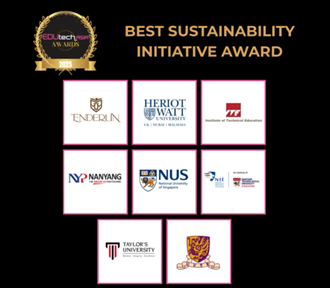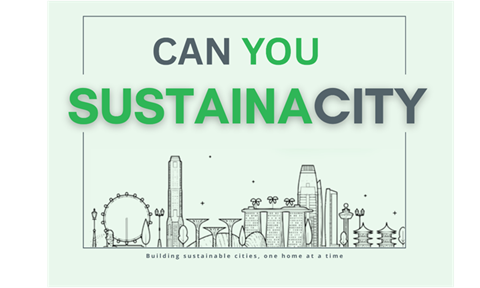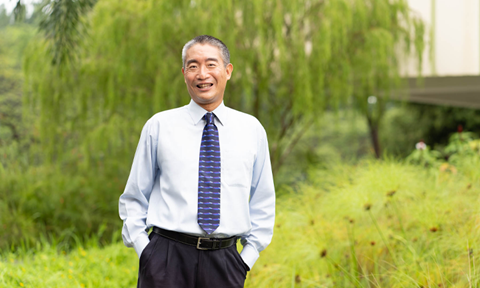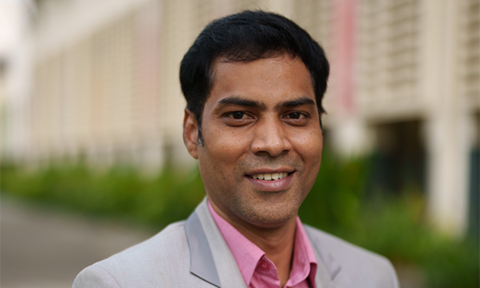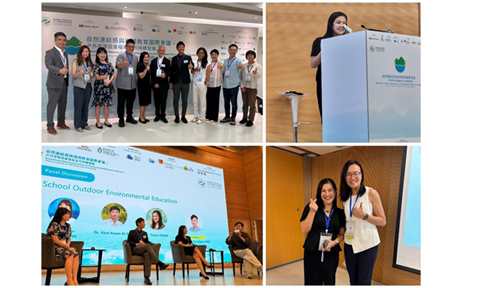Professor David Hung and Dr Kenneth Lim Yang Teck speak at the 1st International Conference on Learning Sciences and Educational Innovation
On 5th June 2025, Professor David Hung, Centre Director of the Science of Learning Education Centre (SoLEC), National Institute of Education (NIE), Nanyang Technological University (NTU), was invited and delivered a keynote speech at the 1st International Conference on Learning Sciences and Educational Innovation (ICOLSEI) at Seoul National University in South Korea. His keynote speech was titled “Augmenting Human Intelligence: Integrating Artificial Intelligence (AI) and Science of Learning (SoL) into Educational Change” that explores the integration of AI with the SoL to augment human intelligence in education. Amid growing concerns about the cognitive impacts of AI and the risk of over-reliance, the talk emphasises intelligence augmentation (IA)—not replacing humans but enhancing human learning and decision-making capacities through AI.
Central to this augmentation is the concept of AI-TPCK (Artificial Intelligence Technological, Pedagogical, and Content Knowledge), which outlines the competencies educators need to design effective learning experiences with AI. Teachers are positioned as designers, enablers, and facilitators, playing a crucial role in orchestrating human-in-the-loop systems that ensure AI is used meaningfully and ethically in classrooms. The presentation draws from SoL research, particularly in how judgment, cognitive flexibility, and embodied learning can be measured and improved using multimodal tools like log data, brain scanning, and facial recognition. It proposes practical strategies such as designing tasks that prevent overdependence on tools like GPS and using generative AI to prompt critical thinking rather than shortcut it.
The keynote also discusses barriers to educational innovation, including infrastructure, teacher readiness, and leadership challenges. The role of SoLEC at NIE is highlighted as a key factor in bridging research and practice, fostering interdisciplinary collaboration, and driving change through data-driven insights and scalable professional development. Ultimately, the talk advocates for an ethical and human-centered approach to AI in education—promoting agency, adaptivity, and lifelong learning while ensuring that technology supports, not supplants, the human mind.
Meanwhile, Dr Kenneth Lim shared the work of his team on 'In Situ Physiological Responses When Interacting With Large Language Models: A Neuroergonomic Perspective'. ICOLSEI is co-hosted by the Learning Sciences Research Institute, Seoul National University, and the Institute of Knowledge Integration & Design, Dankook University. In total, about 150 educators and researchers attended the conference.
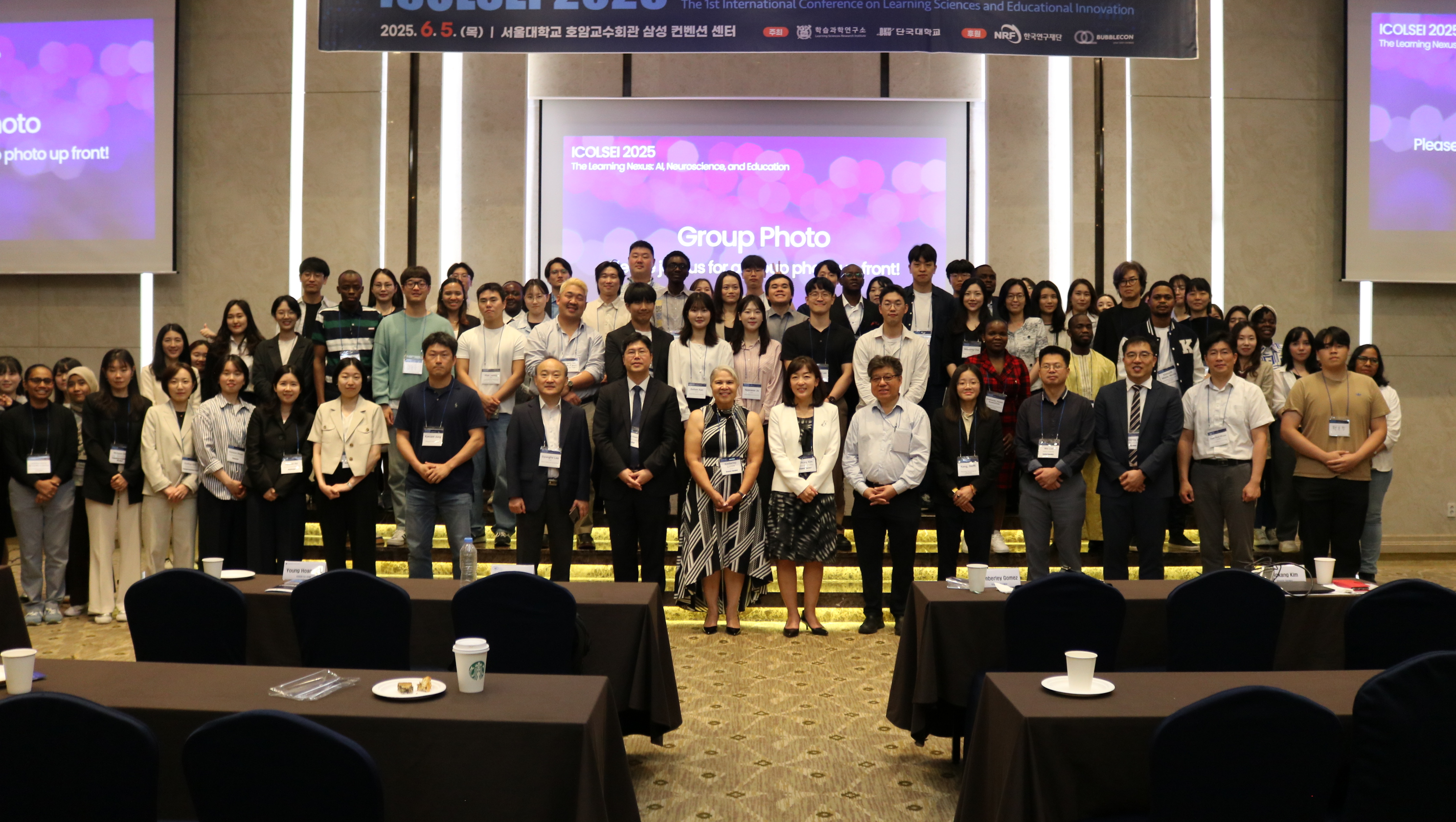
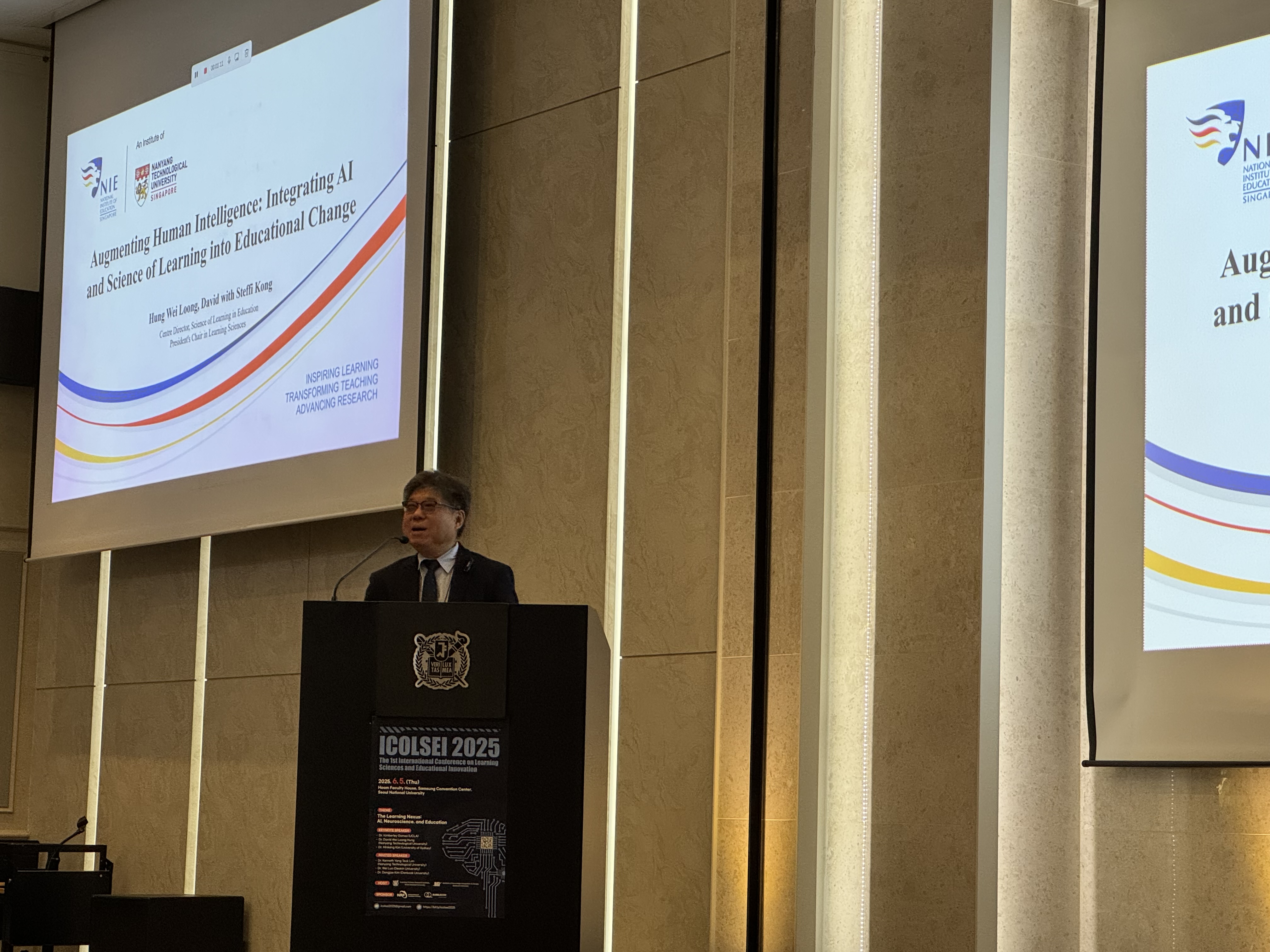


.tmb-listing.jpg?Culture=en&sfvrsn=60db54e_1)
